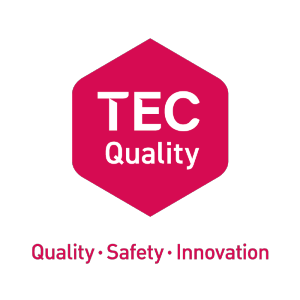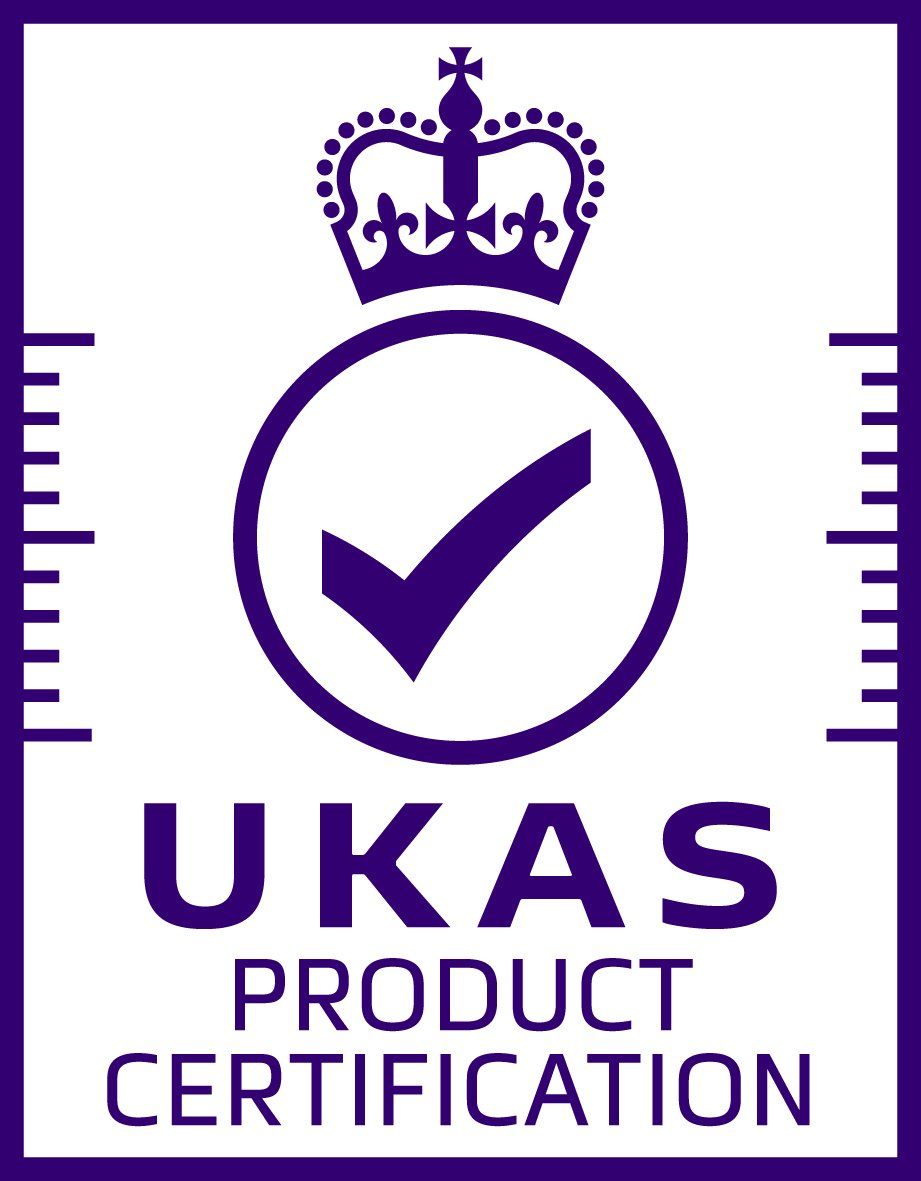Ethics
Standards module
v3.1
TEC undoubtedly delivers numerous benefits for users and carers, however it also has the potential to threaten an individual’s privacy, autonomy and control. It can be difficult to balance protection from harm, reducing risk and maximising safety with respecting privacy and supporting liberty. The safest option may not necessarily be the best one and avoiding risk altogether is not an option.
Finding the best ethical solution to a problem is by no means a simple matter, it is therefore important to make a conscious effort to consider what the ethical issues in a given situation might be and to consider the implications of different possible outcomes. Many ethical concerns about TEC can be addressed by ensuring Users’ valid consent.
Ethics are often considered in relation to the ‘big’ issues e.g. euthanasia, but areas for day-to-day consideration might include:
- Treating people with dignity and respect
- Replacing face-to-face contact with remote services
- Accessibility (digital inclusion)
- Supporting people’s choices
- Privacy and confidentiality
Key outcomes
- Organisations will adopt an approach which supports shared decision-making in a partnership, which respects and acknowledges the views of the individual
- Organisations will ensure that the implementation of TEC is both user and case sensitive – one size will not fit all
Audit process
The Audit Process will seek robust evidence that the key outcomes have been met.
As a minimum, TEC Quality certified organisations must:
- Have a marketing policy and procedure, which demonstrates how the service conducts marketing activity to ensure: honesty, responsibility, fairness, respectfulness, transparency.
- ** Demonstrate that informed consent to service provision is routinely sought and documented by staff.
- Provide evidence that staff follow the principles of respect, privacy, dignity and human rights of those for whom they provide services
- Provide evidence that there are policies in place covering the ethics of the services they provide, e.g. advocacy, whistleblowing, anti-bribery and safeguarding
- ** Have procedures in place for handling and passing service user information with regard to ‘Do Not Resuscitate' and where applicable, Treatment Escalation Plans (TEP).
- Have effective procedures to ensure that suppliers payments are maintained in accordance with agreed terms and conditions, so as not to jeopardise the supply chain
- Demonstrate that the use of digital technologies is employed ethically for customers, service users and employees e.g. surveillance systems, tracking technologies etc.
- ** Provide evidence that where an individual has been assessed as lacking capacity then any action taken, or any decision made for or on behalf of that person, has been made in their best interests
- ** Have written guidelines which describes how conflicts of interest must be managed in an open and cooperative way, e.g. where the service user disagrees with the customer/carer that services shall be provided.
** Note: Does not apply to Supply Sector
Evidence might include
- Published Vision and Values
- Consent Policy
- Advocacy Policy
- Code of Conduct for Working with Service Users
- Whistleblowing Policy
- Safeguarding Adults Policy
- Safeguarding Children Policy
- Equality and Diversity Policy
- Code of Business Conduct
- Incident/Complaint investigations where ethical issues have been identified
“At its simplest, ethics is a system of moral principles. They affect how we make decisions and lead our lives. Having a well-founded ethical framework governing the way the industry offers, builds and operates Technology Enabled Care (TEC) Services gives reassurance to our commissioners and customers. Being clear about the standards people can expect is vital in a business that offers services to some of the most vulnerable in our society.”
Rt. Hon. Prof Paul Burstow, TSA President


